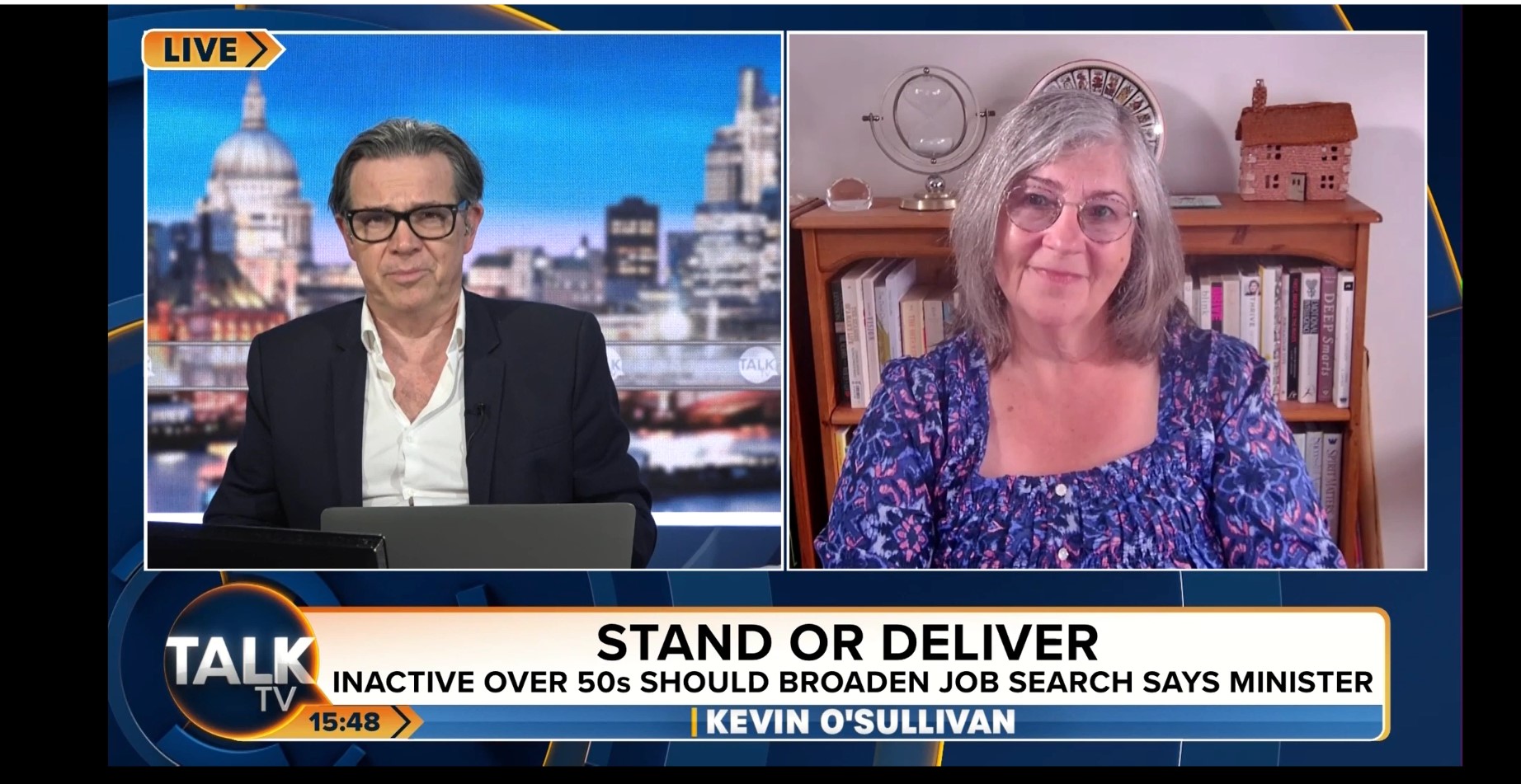In the legal industry, your cover letter is as important as your CV. In addition to being your commercial as to why you should be hired, it tells potential employers whether you can write, your level of attention to detail, and whether or not you understand the hidden rules of ‘the game.’
The Commercial
In the legal profession, a cover letter is not simply a vehicle to transmit your CV, it is the deciding factor as to whether a potential employer will bother to read it, and more importantly, grant you an interview. Therefore, these letters take time and effort, and each one must be customised to the potential employer.
The number one mistake people make is to write a letter about why they want the job rather than what benefit they offer the employer. In other words, never mention how the job will be good for you, focus instead on why you will be good at the job. Remember, the company is making an investment and wants to pick the candidate that will get them the most bang for the buck, so talk about your skills and personality traits that will bring the employer value.
Writing Ability and Attention to Detail
The legal profession is a writing-dominated one. The skill of conveying the most meaning with the fewest words in a professional and formal manner is key. Therefore, leave out the fluff and keep your writing concise. Go back through your letter and delete any words that don’t add any value. Don’t repeat yourself, write in a formal, first-person style and have someone check your grammar. This is, after all, a sample of your writing, and writing is what legal professionals do. Also, the importance of detail cannot be overstated; cases are won and lost on a one-word mistake. Mistakes in contracts and legal descriptions of property can mean millions of dollars of losses to clients. Your potential employer is going to think they have a pretty good idea about your attention to detail based on your covering letter, so make it perfect.
The Game
For better or worse, the profession of law is filled with hidden rules. The same holds true for cover letters. There are certain things you’re supposed to know without being told. First, you must do your research. In the internet age, it is inexcusable to fail to research the company. If you fail to show this in your letter, you really have no grounds to talk about why you are exactly what they need. The trick is not to obviously state your research in the letter, but rather to use your knowledge of the company to come up with reasons why you will benefit the company more than any of the other candidates.
The second big mistake people make is a failure to structure the cover letter. There are many ways to do this, and plenty of websites will give you free templates, plans and examples. It doesn’t really matter which one you pick as long as you pick a structure and stick to it. Next, don’t use the cover letter to restate your CV. That’s what your CV is for, and your employer will get the sense that you make a habit of laziness and lost opportunity. Finally, never make your cover letter more than one page. If it is more than one page, you’ve either tried to convey too much or you have too much fluff. For the first problem, re-read about the structure you’ve chosen and cut down on topics. For the second, go through and delete unnecessary words.
Michael Scott is a partner at a national law firm and specialises in resolving complex High Court disputes. Michael also works as a consultant for law firms on the topics of management, practice development and business strategy, as well as writing articles on legal recruitment for BCL Legal.
Brought to you by Denise Taylor, double award winning career psychologist with Amazing People (www.amazingpeople.co.uk) and the author of ‘How To Get A Job In A Recession.’ My 7th book ‘Getting the Job You Want’ published by ICON books is now on sale.
Image courtesy of Stuart Miles at FreeDigitalPhotos.net




